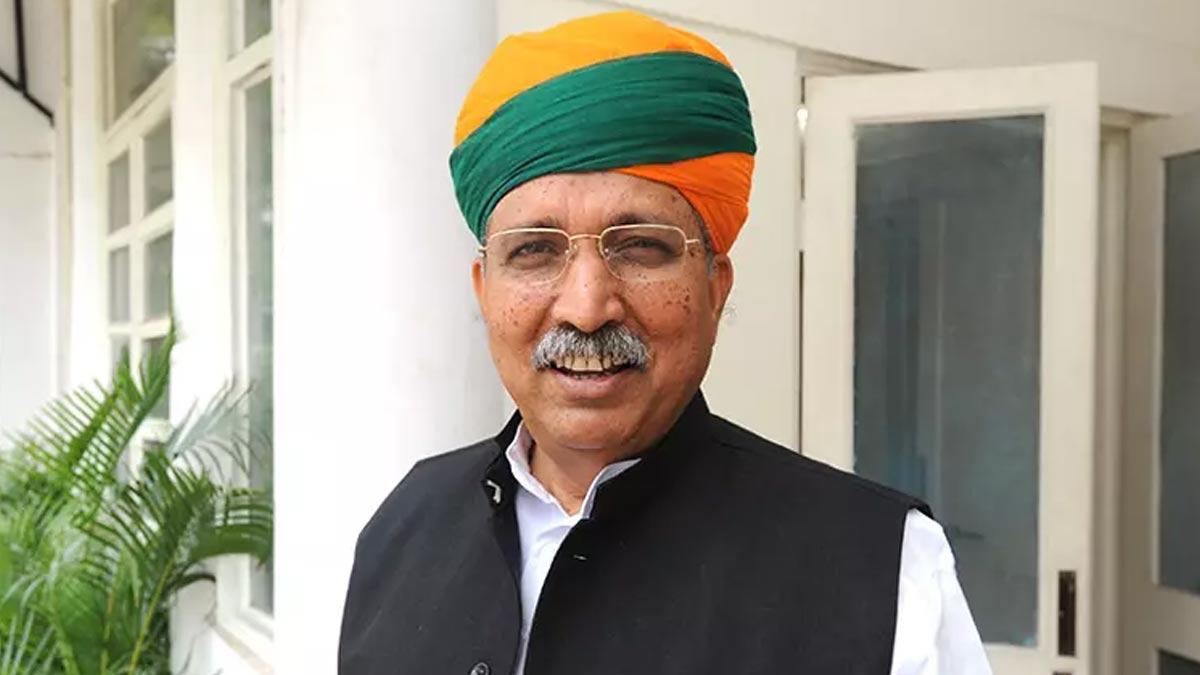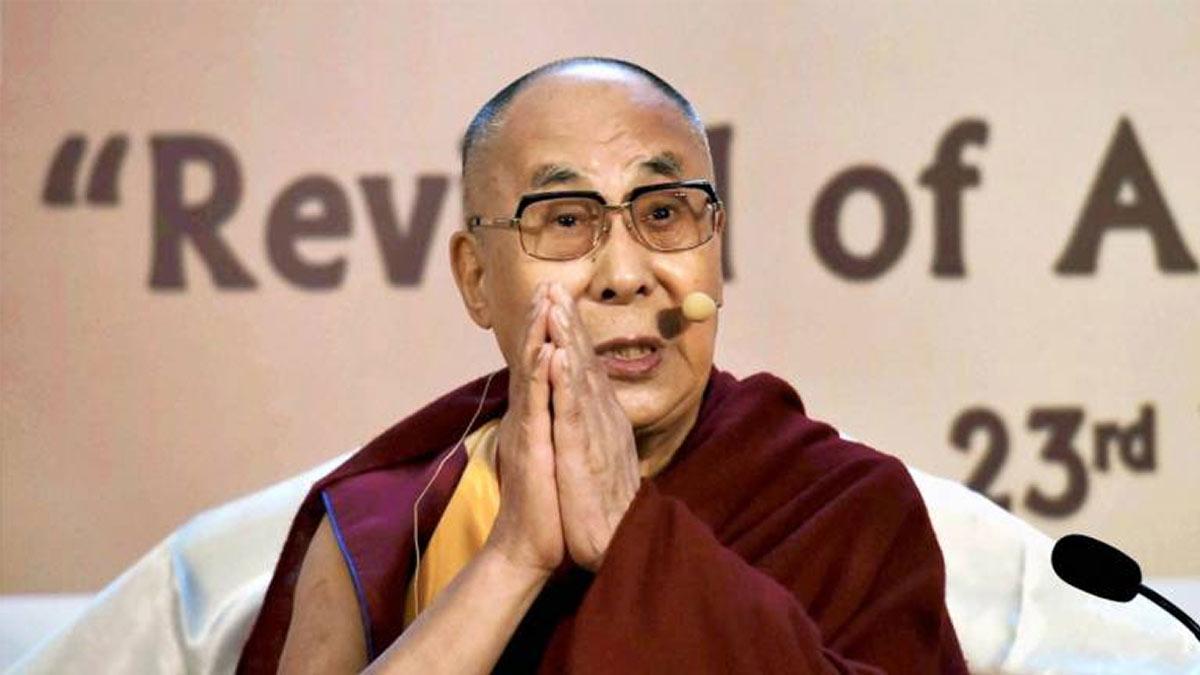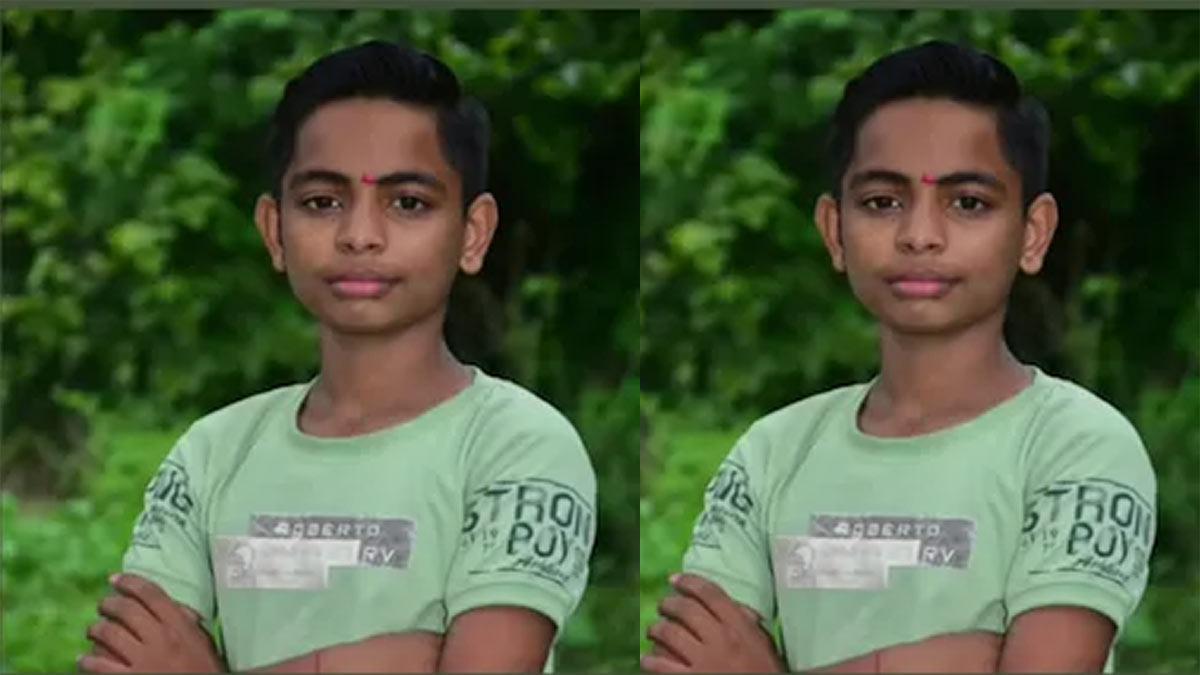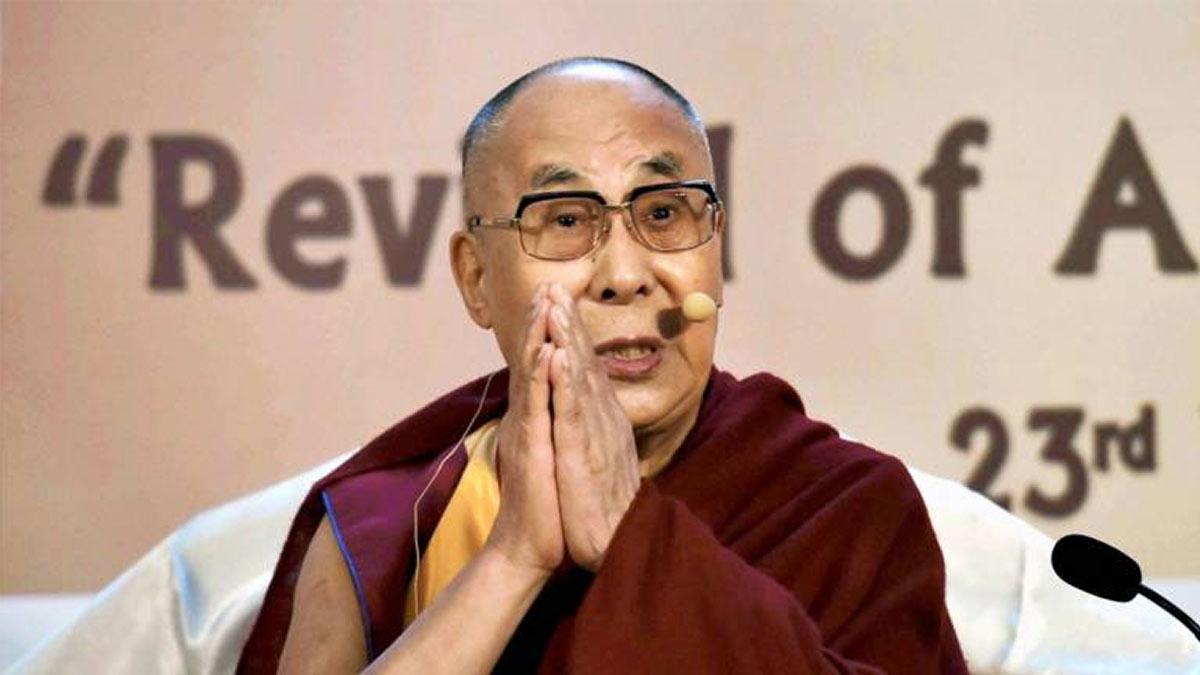He said on Sunday, "New criminal laws to come into effect from July 1", Union Minister of State for Law and Justice (Independent Charge) Arjun Ram Meghwal, therefore, snubbing opposition claims of no prior consultation.
He outlined that the Bharatiya Nyaya Sanhita would replace the Indian Penal Code, the Bharatiya Nagarik Suraksha Sanhita, the Code of Criminal Procedure, and the Bharatiya Sakshya Act, the Evidence Act. He informed that preparations, such as requisite training programs and infrastructure development, were already underway so that these new laws could be implemented without hassles.
"The three new laws will be implemented from July 1 for providing timely, speedy, and error-free justice," Meghwal stated during the inaugural session of 'India's Progressive Path in the Administration of Criminal Justice System' on Sunday.
To this, on tenuous charge of not enough consultations, Meghwal quipped, "Some people claim they were not consulted. This is untrue. The demand for change of colonial laws has been long-standing, and the process began long ago."
He said that while all states were asked for suggestions, only 18 states and six Union Territories responded. "Even the Chief Justice of India, chief justices of 16 high courts, five law academies, and 22 law universities provided their suggestions," he pointed out.
"We contacted all MPs, but only 142, including members from both houses, responded. Suggestions were also requested from all MLAs nationwide, with only 270 responding. We consulted widely, but not everyone provided feedback," Meghwal added.
He further reiterated that the formulation of these laws consisted of four years of extensive deliberation. "These laws were formulated after four years of thorough consideration. Claims of no consultation are false. Full consultations were held, including 58 meetings chaired by Home Minister Amit Shah", he said.
He said that there was a requirement to go beyond the laws made during the colonial era because society has progressed and there have been several technological advancements as well.
"With changing times and new technologies, there must be improvements. Citizens were not receiving timely justice, so we have included zero FIR, mercy petition, and gender neutrality. The system had issues, which is why changes are being made," he reasoned.
He concluded with an assertion that the new laws are people-centric and timely in keeping with India's fast development.
Others present in the programme included the Chief Justice of Calcutta High Court TS Sivagnanam, Secretary of the Ministry of Law and Justice Rajiv Mani, and Member Secretary of the Law Commission of India Reeta Vasishta.
Read also | India Stands Alone in South Asia at Swiss-Hosted Ukraine Peace Summit
Read also | PM Modi Concludes G7 Summit Participation, Returns to Delhi


















